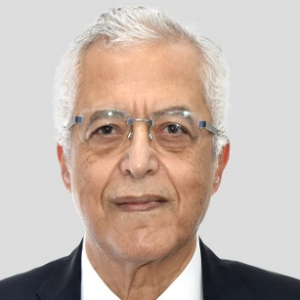Regulatory and Ethical Frameworks
Regulatory frameworks are necessary for assuring compliance with basic standards, but regulatory, legal, and ethical considerations can have a considerable impact in some cases. A regulatory framework is a template for enacting legislation. Specific sectors of interest, such as the healthcare business, may establish such frameworks. Governments frequently use frameworks like this to draft and adopt regulations, rules, and laws. Regulatory frameworks are usually created with a certain ultimate aim in mind. While the purpose of a regulatory environment should be to assure better treatment quality, many physicians believe the opposite is happening. The quality of patient treatment tends to decline as restrictions become more important. The coherence and consistency of a morally founded regulatory system is maintained through personal commitment to, and execution of, values and principles. This commitment is founded on an awareness and comprehension of ethical values learned through education and experience. It is critical that ethics continue to promote, guide, and justify appropriate conduct and decisions in the handling of genetic information by individuals, experts, and regulators.

Nagy Habib
Imperial College London, United Kingdom
Lucie Bacakova
Institute of Physiology of the Czech Academy of Sciences, Czech Republic



Title : AI-integrated high-throughput tissue-chip for space-based biomanufacturing applications
Kunal Mitra, Florida Tech, United States
Title : Stem cell technologies to integrate biodesign related tissue engineering within the frame of cell based regenerative medicine: towards the preventive therapeutic and rehabilitative resources and benefits
Sergey Suchkov, N.D. Zelinskii Institute for Organic Chemistry of the Russian Academy of Sciences, Russian Federation
Title : In vitro evaluation of lyophilized Dedifferentiated Fat cells (DFAT) impregnated artificial dermis
Kazutaka Soejima, Nihon University, School of Medicine, Japan
Title :
Nagy Habib, Imperial College London, United Kingdom
Title :
Alexander Seifalian, Nanotechnology & Regenerative Medicine Commercialisation Centre, United Kingdom
Title : The regenerative medicine of the future
Marco Polettini, DVM, Italy